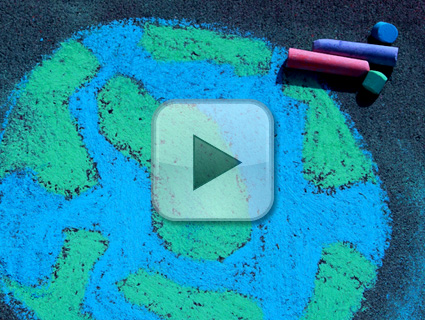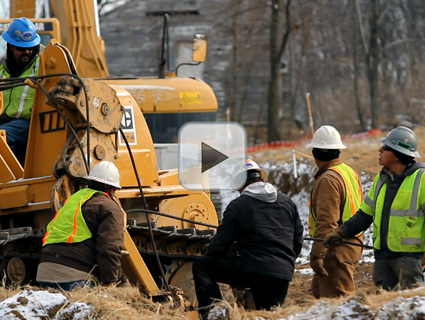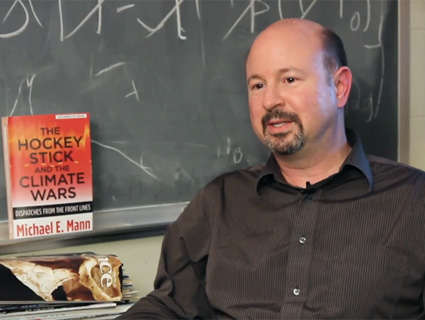Climate change is one of the defining stories of our time: rising sea levels, bigger storms, peak oil, colder winters and hotter summers. That begs the questions: Why aren’t we talking about it more, and what the hell are we going to do about it?
Fortunately, there is a host of scientists, politicians, educators, artists, entrepreneurs, community leaders, journalists, and others who spend every day thinking about the answers to those questions. Maybe you’re one of them. Ultimately, the story of climate change is their story—your story. But the media could still do a better job of telling it.
That’s where the Climate Desk comes in.
Two years ago (the hottest year on record, by the way), a group of forward-thinking news outlets (The Atlantic, Center for Investigative Reporting, Grist, Mother Jones, PBS’ Need to Know, Slate, and Wired) launched an innovative journalistic collaboration to explore the impact—human, environmental, economic, political—of a changing climate. Climate Desk has been gathering pace ever since, and today we’re proud to announce our revamped website and the addition of a new partner: The Guardian. It’s one of the UK’s oldest and most distinguished newspapers, and has a substantial digital footprint in the US. The first UK newspaper to launch a dedicated environment section, the Guardian has one the biggest and most prolific environmental coverage teams in the world.
We’re here to sift through the policy, protests, and polar bears to bring you the most important climate change stories: the ones that affect you, your corner of the world, the changes in your own backyard.
Check out our latest video, Pond Scum to the Rescue, to understand how algae might battle political derision to become a vital fuel source. Your Town Is Fracked shows how Pennsylvania limits local control over oil and gas drilling—potentially jeopardizing residential neighborhoods, watersheds, and even school zones. Climate Desk’s one-on-one with Michael Mann, reported and written by Suzanne Goldenberg, of the Guardian, is the climate scientist’s account of attacks by entrenched interests seeking to undermine his “hockey stick” graph.
We want to hear from you. What are you concerned by, or want to know more about? Tell us and keep checking back with the Climate Desk for more from this unfolding story .

















